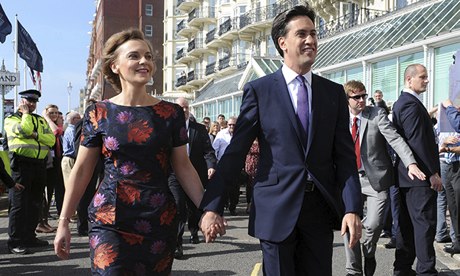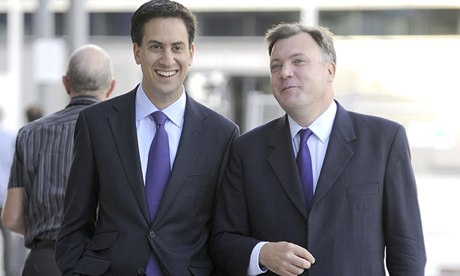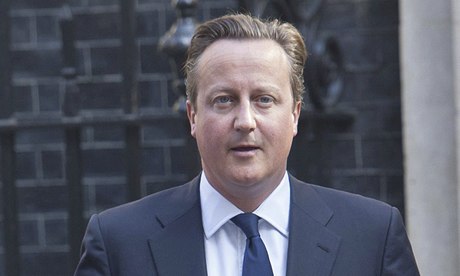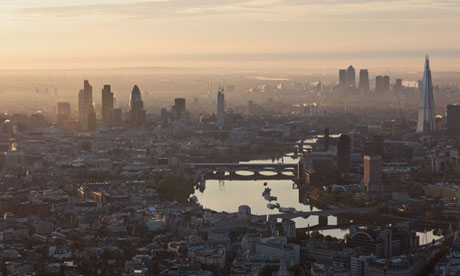The Collins American Dictionary defines being "in the zone" as "a state that produces achievement with such an extraordinary, often unlikely, degree of success that it seems to defy purely rational explanation". Google the three magic words and the more prosaic top result is a website inspired by the 2012 Olympics to "discover how our bodies work during sport, activity, movement and rest".
Whether being in the zone is a measurable phenomenon or a mystical trance, all cricketers know when they're in that halcyon space because they're scoring runs or taking wickets.
RELATED LINKS
My first image of a cricketer in total focus is Mike Atherton in Johannesburg, 1995, when along with fighting terrier Jack Russell, he batted for 643 minutes, facing 492 balls and scoring 185 runs to stave off defeat. Chatting to Vic Marks 14 years on, Atherton observed, "Whenever I do see old footage, it feels like a different person out there. It's like an out-of-body experience… as if I'm watching somebody else." He's not the only athlete to remark on an exemplary display as a near dream-like event. When ice-dancing pair Jane Torvill and Christopher Dean recorded 12 perfect sixes (judges' scores, not boundaries) at the 1984 Sarajevo Olympics, Dean would say, "I don't remember the performance at all. It just happened."
This vague recollection of a sporting excellence is not uncommon. In the grandly titled paper "Towards the Development of a Conceptual Model of Expertise in Cricket Batting", published in the 2009 Journal of Applied Sport Psychology, Juanita Weissensteiner of the Australian Sports Commission confers that "much of the anticipatory skill of experts [batsmen] occurs largely below the level of consciousness."
Therefore, if you're "thinking" rather than "feeling" at the crease, whether it be about your footwork, backlift or what's for dinner, the bails are more likely to come off.
For a bowler to "feel" rather than "think" himself into a match-winning performance, he must not be troubled - or he must find a way of ascending the many variables that may detract from the best of his abilities. As a bowler who depends on a swinging delivery to get my wickets, I have a multitude of excuses prepared: the brand of ball, foot holes, wind direction, an uneven run-up, or even a bad slice of cake at tea. Importantly, I also tend to up my game if I get hit for a couple of boundaries, that spike of adrenaline reducing thought and enhancing feeling. My swearing - usually at myself rather than opponents - is key to my performance.
And I'm not the only angry man with a ball in his hand.
When I picture bowlers in the ephemeral zone I see Bob Willis sailing down the wind at Headingley in 1981. Angered by selectors and the press, a dead-eyed Willis ripped through the Australian batting line-up, with only the tenth wicket engendering any reaction to his remarkable spell - against the stiff upper lip of the time, Willis, arms aloft, leaps into the air and briefly, very briefly, the death mask breaks into joy before he sprints through the pitch invasion and growls at the waiting journalists.
If you're "thinking" rather than "feeling" at the crease, whether it be about your footwork, backlift or what's for dinner, the bails are more likely to come off
It took a bouncer in the grille to focus the often wayward Devon Malcolm at The Oval in 1994. After a Fanie de Villiers bumper had thunked off his helmet, Malcolm made that prophetic announcement to the South Africans: "You guys are history." His first delivery nearly took off Jonty Rhodes' jaw, and the second deflected off his glove to short leg. The fire did not fade, and Malcolm finished with 9 for 57.
In Tod, Thatcher and Rahman's 2010 Sport Psychology, we can correlate Willis and Malcolm's form to Drive Theory, "a linear relationship between arousal and performance". Unfortunately, this anger = excellence formula only works with elite athletes who, through practice, application and natural talent, have achieved a "go to" skill that isn't reduced by rage. Unless anger is contained, especially with batting, technique crumbles and frustration and failure are more likely than fame and glory.
Whatever we call the optimum condition of mind and body that produces our peak performance, each player must find his own way of entering this premium space. Personality type, match-day temperament and the particular skill to be executed, from an archer steadying his body and slowing his heartbeat to a weightlifter summoning brute force, change the atmospherics of our unique zones. Glenn McGrath, a metronome of line and length, surely didn't need the firebrand to perform at his best. Flintoff, on the other hand, buoyed on by the baying fans and the big occasion, revelled in the game when the crowd roared the loudest.
Strategies to increase or decrease arousal, such as relaxing (Phil "The Cat" Tufnell kipping, or the dressing-room card schools), imagery (picturing that smite out of the ground, a leg stump flying), and self-talk (from bowlers swearing at themselves to batsmen commentating on their own innings) vary between players.
In Twirlymen: The Unlikely History of Cricket's Greatest Spin Bowlers, Amol Rajan writes that Shane Warne used sledging to help him concentrate, and that baiting Paul Collingwood about his MBE, "For scoring seven at the Oval? It's an embarrassment," was a motivating exchange. "It was making me more determined," said Warne, as if he ever needed the extra fizz to his sparkling bowling.
The zone, wherever it is, exists. Some call it a groove, others call it form. Directions to it are vague, and it may vanish as quickly as it appears. But you'll know when you are there, scoring runs and taking wickets.








